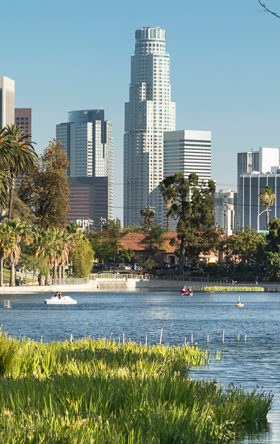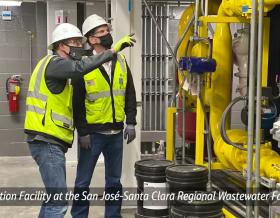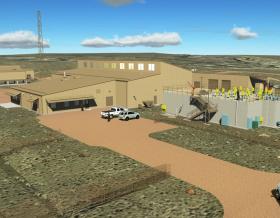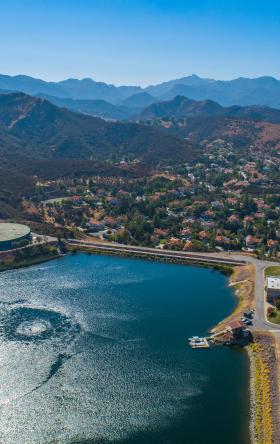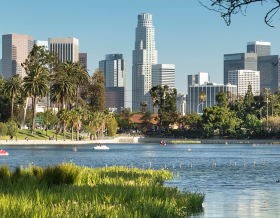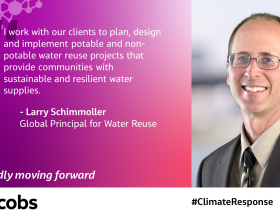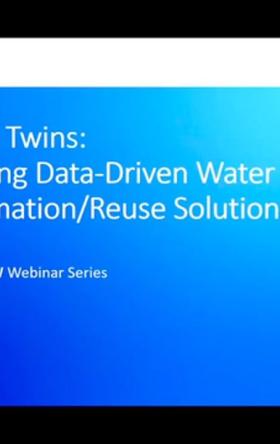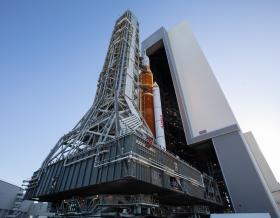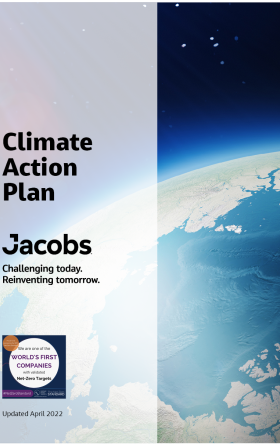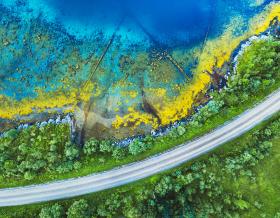Confronting Climate Change with OneWater
By Joseph Danyluk, Jacobs OneWater Director

I was honored to join a committee discussion at the NACWA Winter Conference this month which focused on water reuse and other strategies to confront a changing climate. It was a great opportunity to engage with water utility leaders and other industry peers on how holistic, integrated approaches like OneWater are essential to tackling the water-related impacts of climate change – and maintaining public trust in our roles as water and environmental stewards.
We experience most of the impacts of climate change through the lens of water quantity – not having enough, or having too much. We’ve seen both faces of that in the U.S. very recently. For the past several years we’ve been focused on the prolonged and severe drought in the western U.S. Take, for example, the Colorado River Basin, which serves 40 million people across seven states and portions of Mexico. Lake Mead and Lake Powell, two of the largest reservoirs in the country, are both in the Colorado River system. Both are a quarter full, and the trendline is not looking positive.
Then, late last year, the conversation about water scarcity in the western U.S. quickly shifted to how to manage too much water. Nine powerful atmospheric rivers dumped more than 24 trillion gallons of water across the state of California. The resulting flooding submerged streets and caused flash floods in communities and mudslides on highways and homes. The estimated cost of the damage is in the billions of dollars. The storms that delivered a year’s worth of rain in some areas did, fortunately, help to fill depleted reservoirs, but even this volume of water was not enough to end a drought that has developed over more than two decades.
Water quantity is not the only aspect of water management that is impacted by climate change. We are also witnessing how climate change impacts water quality. Extended periods of drought increase salinity and the concentration of contaminants and nutrients in our waterways. Wildfires, too, can impact water quality.
So how do we continue to serve as water and environmental stewards while simultaneously addressing the impacts of climate change? We can through holistic, integrated approaches like OneWater.
Historically, our framework for developing solutions is based on the nicely organized representation of the water cycle. That kept us in our lanes and resulted in governance structures that can still constrain our ability to enact holistic approaches. However, with so many dynamic challenges and competing priorities, and with the water quality and water quantity challenges resulting from climate change, we are recognizing more and more the connections not only within, but also outside of the water cycle. That’s where OneWater comes in.
During the NACWA session, we discussed how we can inspire OneWater approaches by sharing real stories and experiences of how holistic, integrated strategies have worked – and, specifically, where these examples have built trust in our roles as water and environmental stewards.
Take, for example, Singapore PUB which developed a pioneering water reuse program with a heavy focus on building public trust and acceptance. At Jacobs, we’re supporting multiple stakeholders with integrated water management in the Great Salt Lake Basin – another key natural resource in the U.S. that’s under threat from climate change and regional development, where declining water levels are impacting water quality. In California, we’re supporting water reuse programs and integrated climate adaptation strategies that incorporate water, wastewater and stormwater systems. These and other examples provide valuable lessons for utilities elsewhere.
Through organizations like NACWA, through industry events like their Winter Conference, and now through our OneWater Reflections series, we can share the successes of holistic, integrated water management and help to support those practices worldwide. Such collaboration will be critical not only as we manage the impacts of climate change, but also how we explore how water connects us, and how it affects us all.
About the author

As Jacobs’ OneWater Director, Joseph Danyluk develops business, project delivery and thought leadership strategies focused on sustainable, equitable and resilient water management solutions. He works with communities and technical teams to develop and implement integrated solutions that not only provide near- and long-term benefits, but also demonstrate how water connects us and affects us all. For 20 years, he has supported clients with developing solutions for complex challenges affecting built and natural components of the water cycle.



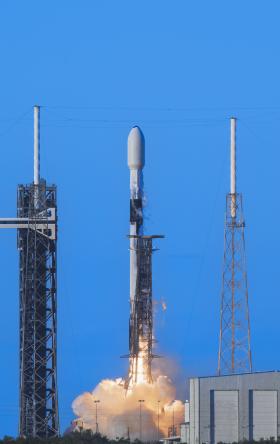
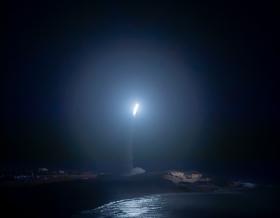
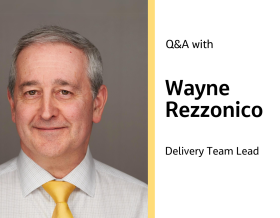


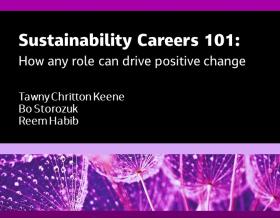

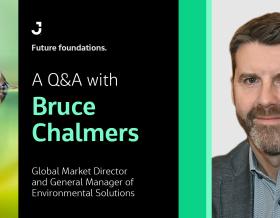

2c4e.jpg?h=c7c14dee&itok=FmPI2126)





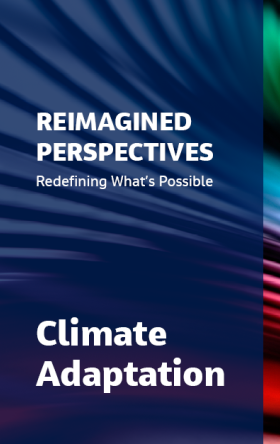
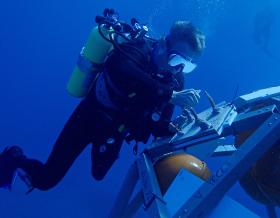







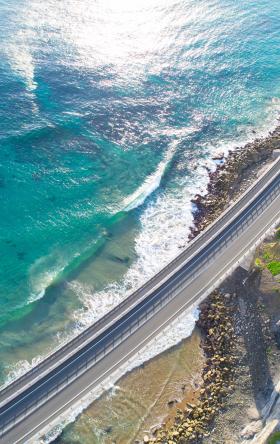

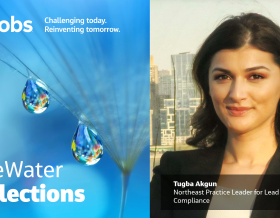
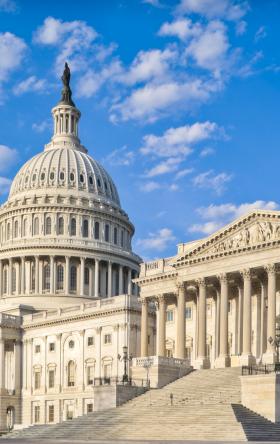
_0ac2b.jpg?h=8a6d63f3&itok=5vsqFiQH)

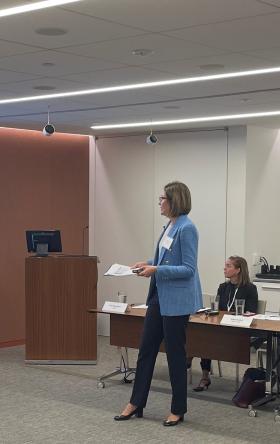







2747.png?h=1314d3d4&itok=rFs9mG95)
